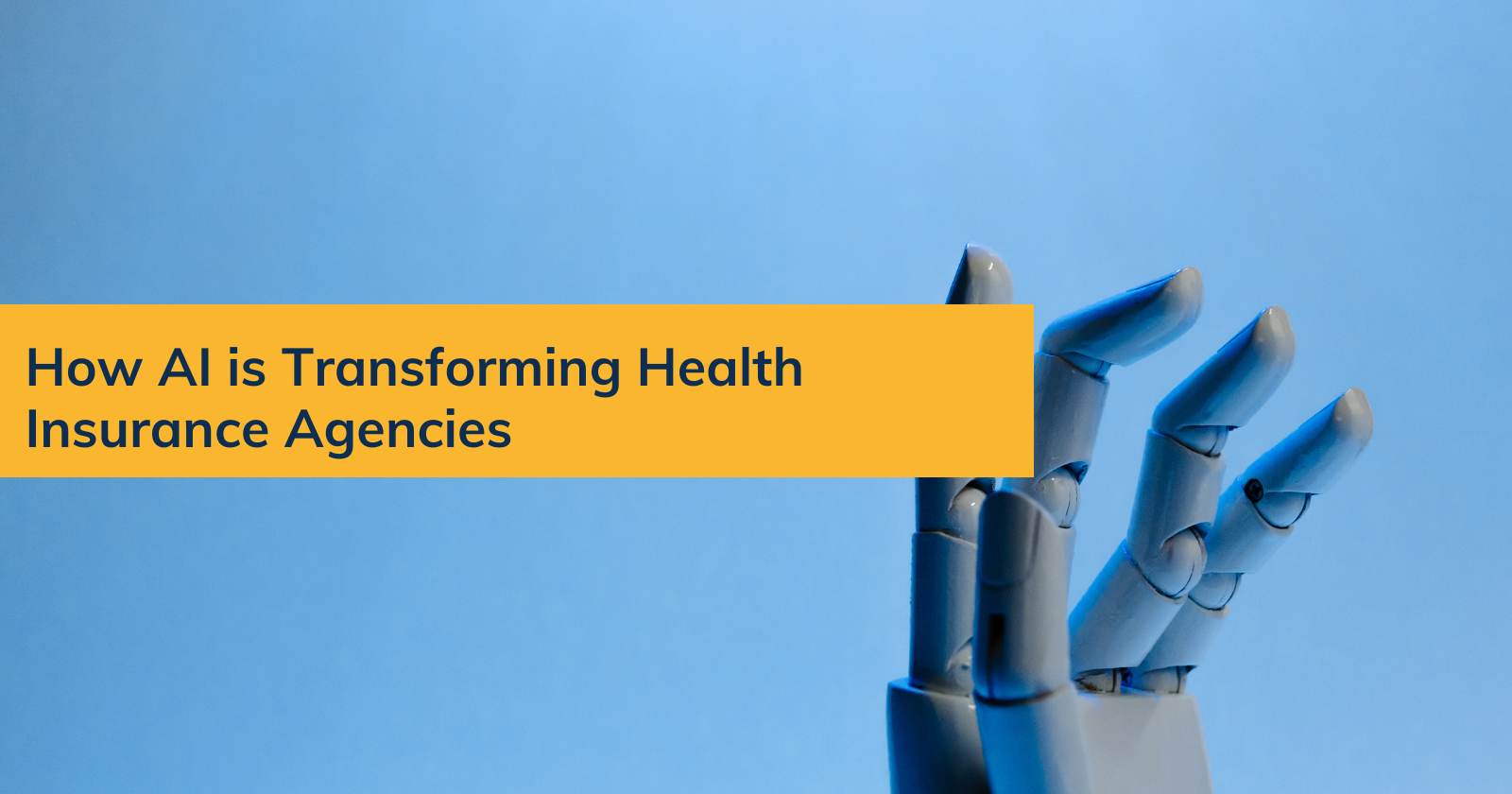
The AI Boom in Health Insurance
Recent surveys conducted by the National Association of Insurance Commissioners (NAIC) reveal a significant trend towards AI adoption among health insurers. According to initial findings, a staggering 88% of auto insurers are either currently utilizing AI or have plans to integrate it into their operations. Similarly, 70% of home insurers have expressed intentions to leverage AI technologies in the near future.
This surge in AI interest is not without its challenges. The rapid integration of AI into insurance processes has outpaced the development of comprehensive regulatory frameworks. While some states like Colorado have taken proactive steps by implementing AI-specific regulations for life insurers, many others are still in the nascent stages of assessing the impact and crafting appropriate guidelines.
Addressing Ethical Concerns
One of the most pressing issues surrounding the use of AI in health insurance is the potential for bias and discrimination. The Colorado Division of Insurance’s recent rules prohibiting life insurers from utilizing data and technology in discriminatory ways serve as a crucial step towards ensuring fair and equitable practices within the industry. It underscores the importance of implementing AI in a manner that upholds ethical standards and protects consumer rights.
Opportunities for Health Insurance Agents
For agents and agencies operating within the health insurance sector, AI presents a wealth of opportunities. These technologies can streamline administrative tasks, personalize customer interactions, and optimize risk assessment processes. By harnessing the power of AI, agents can offer more tailored and efficient services to their clients, ultimately improving customer satisfaction and retention.
Challenges on the Horizon
Despite the transformative potential of AI, several challenges lie ahead for insurers and regulators alike. The complexity of AI algorithms raises concerns about transparency and accountability. Insurers must ensure that AI-driven decisions are explainable and comply with legal and ethical standards. Additionally, the evolving nature of AI technologies demands ongoing training and upskilling for insurance professionals to fully leverage these tools.
The Role of Regulation
As the insurance industry embraces AI, regulators face the daunting task of establishing clear and comprehensive guidelines. The NAIC’s current focus on surveying and studying AI implementation signifies a crucial first step towards informed regulation. However, it is essential for regulators to collaborate with industry stakeholders to develop agile frameworks that foster innovation while safeguarding against potential risks.
Embracing Innovation Responsibly
The integration of AI into health insurance represents a paradigm shift that promises to redefine industry standards. For agents and agencies, embracing innovation means not only leveraging AI to enhance productivity and service delivery but also upholding ethical principles and regulatory compliance. By navigating the evolving landscape of AI with foresight and responsibility, health insurance professionals can unlock new possibilities and drive positive change within the industry.
As the journey towards AI-powered insurance continues, collaboration between insurers, regulators, and technology providers will be pivotal in shaping a future that is both innovative and inclusive. The key lies in harnessing the transformative potential of AI while prioritizing ethical considerations and regulatory alignment. Together, we can chart a course towards a more resilient and customer-centric health insurance ecosystem powered by AI.


